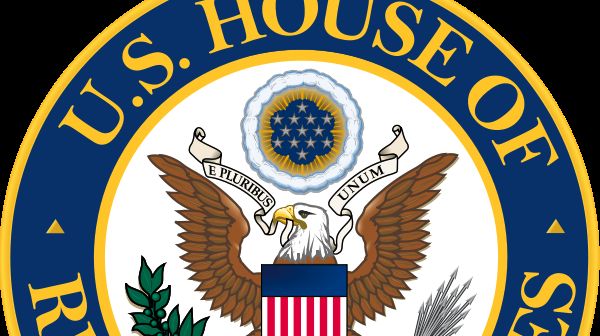Stuck on repeat, House passes CISPA 2.0 as privacy concerns flare
Now heads to Senate for further debate

Sign up for breaking news, reviews, opinion, top tech deals, and more.
You are now subscribed
Your newsletter sign-up was successful
The U.S. House of Representatives passed the controversial Cyber Intelligence Sharing and Protection Act (CISPA) today by a vote of 288 to 127, staging a repeat of what happened to the first version of the same bill one year ago.
Opponents of CISPA, which would allow the for the swapping of citizen information between private tech and telecom firms and the government, argue it lacks privacy protections and even violates the Fourth Amendment.
It took two days of debate to reach the approving vote, and CISPA will now make its way to the Senate for further debate. If it passes there, it will head to President Obama's desk for approval, something he's not likely to grant if few changes are made by the Senate.
The first CISPA also passed the House before meeting its demise in the Senate. A two-third vote in both bodies of Congress would be needed to override a presidential veto, something most observers don't see as likely to happen.
Hard road
While backers of the bill contend it's needed to keep American information safe from cyber threats (such as attacks from North Korea, The Verge reported as one example given by proponents before today's vote), opponents contend it's a way for the government to get a hold of citizen information without a warrant.
CISPA would allow private companies to mine user data to identify "threat information, then share it with the government and "other opt-in firms," also without a warrant.
What's more, citizens may never know their information was shared and current privacy terms and conditions set by private companies would no longer hold the same protections.
Sign up for breaking news, reviews, opinion, top tech deals, and more.
The ACLU has called the bill "fatally flawed," saying too much sensitive information to be shared with too many entities, and the fact that many amendments were added in closed-door sessions has raised privacy concerns even higher.
Language that appears vulnerable to interpretation is another flaw critics point to in deriding CISPA, with the Electronic Frontier Foundation noting it's "dangerously vague."
Many citizens are opposed CISPA, at least in it's current form, but whether lawmakers take heed or stick their heads in the sand is another matter. Until we get some news from the Senate, you can read all about CISPA in our primer.
Via ZDNet

Michelle was previously a news editor at TechRadar, leading consumer tech news and reviews. Michelle is now a Content Strategist at Facebook. A versatile, highly effective content writer and skilled editor with a keen eye for detail, Michelle is a collaborative problem solver and covered everything from smartwatches and microprocessors to VR and self-driving cars.